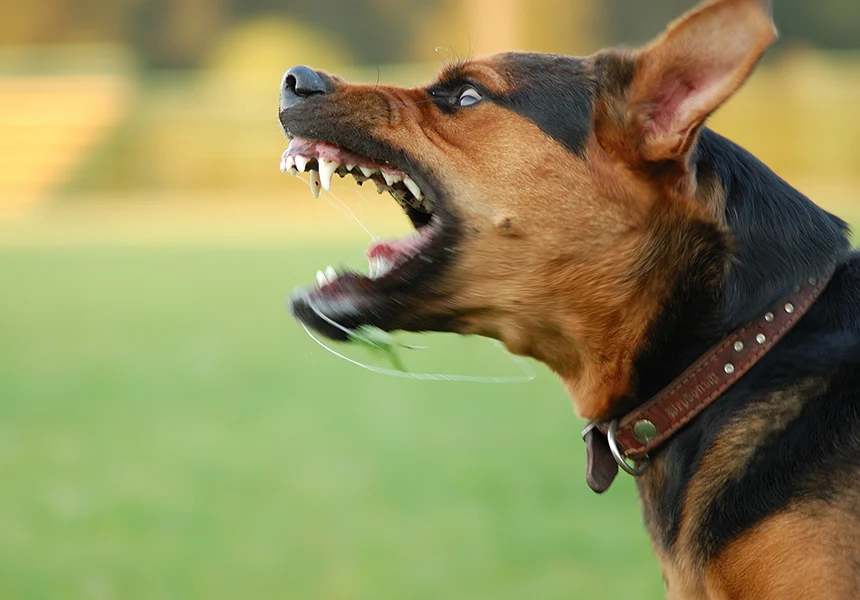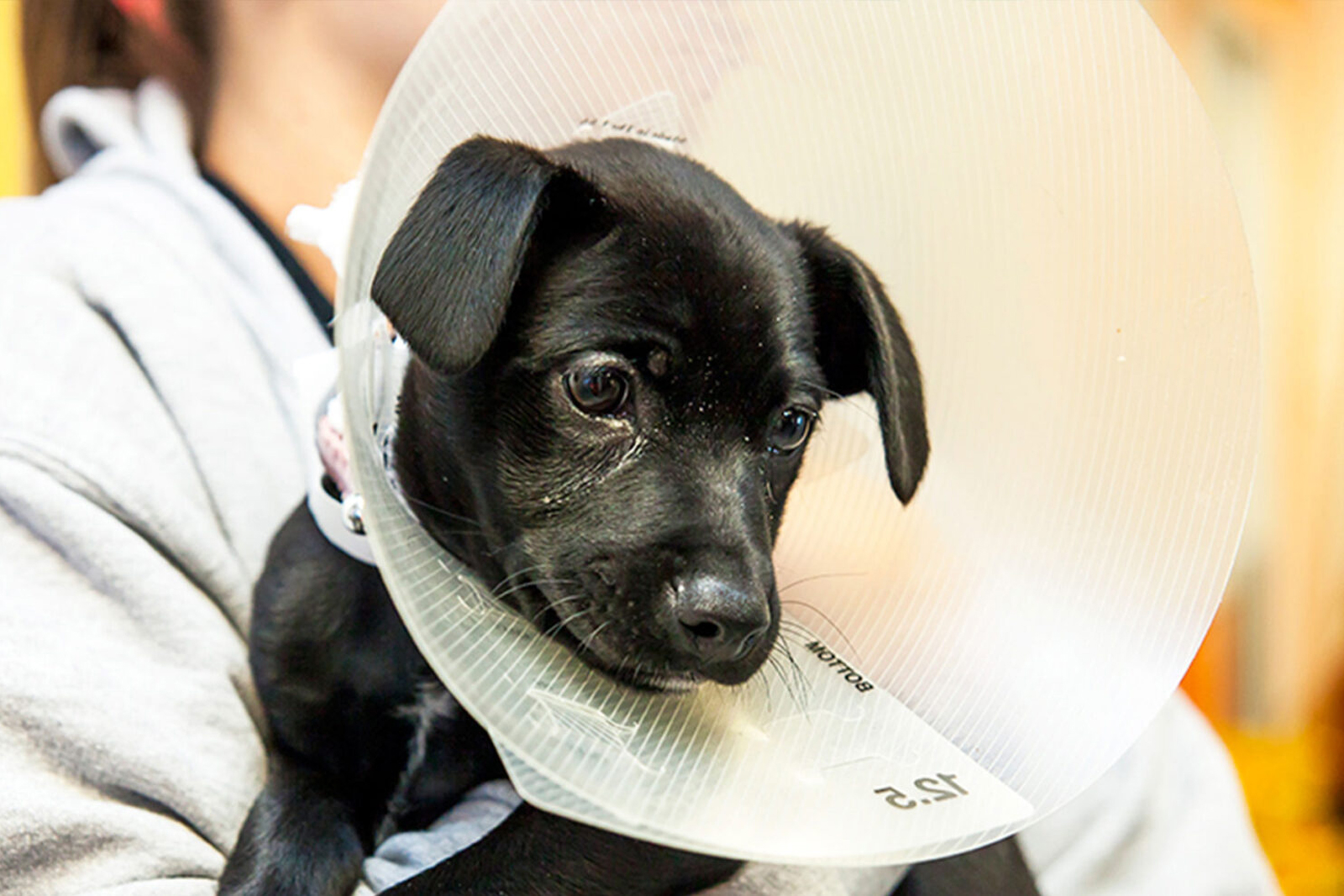Kennel Cough in Dogs: Symptoms, Treatment, and Prevention – Also referred to as kennel cough, Canine Infectious Tracheobronchitis is a respiratory disease generally seen in dogs. The Kennel Cough in Dogs is caused by the canine parainfluenza virus and Bordetella bronchiseptica bacteria that attack the lining of the dog’s respiratory tract and lead to swelling of the dog’s upper airway. While most dogs who are healthy can defeat the disease, it can lead to more severe secondary infections in older dogs, dogs with a weak immune system, or little puppies. The highly contagious nature of this disease inspires the name kennel cough. It spreads quickly in areas where pets are in close contact with one another, like kennels, multi-dog homes, and dog parks.

Kennel cough can be spread if a dog comes into contact with the droplets released when an affected dog coughs. This may be through direct contact with an affected dog or via contact with things that affected droplets have sat on, like bowls, cages, blankets, or dog toys.
Nature of the Disease: Highly Contagious
It is extremely contagious and can spread quickly in an atmosphere where dogs gather, like kennels, dog parks, and grooming services. Even a small contact or presence with an affected dog can lead to the spread. This is why it is important to take preventive measures, specifically if your furry friend often interacts with other dogs.
Dogs Get Kennel Cough: Reasons
Kennel cough can result from different causes, with the most basic being the canine parainfluenza virus and the Bordetella bronchiseptica bacterium. It frequently spreads in spaces with high dog populations, such as dog parks, kennels, and pet daycares. Things like cold temperatures, stress, exposure to dirt or smoke, and travel can reduce a dog’s immune system and make them more prone to developing kennel cough. Kennel cough is windborne and therefore spreads simply and quickly.
Kennel Cough Signs in Dogs
This disease is marked by a non-productive, persistent dry cough that is frequently described as sounding likely to a goose honk, or as if an object is stuck in your pup’s throat. Other kennel cough symptoms in dogs may include lack of energy, mild fever, sneezing, reduced appetite, and runny nose. If you see symptoms of kennel cough in your dog, do not allow your dog around other dogs and visit your vet right away for suggestions.
Due to the highly contagious nature of the disease, if your dog is having mild symptoms but is healthy your veterinarian might suggest simply isolating your dog from others and enabling your dog to rest for some days while closely observing their symptoms.
That said, if your dog’s symptoms look more serious, your vet might suggest bringing your pet in for a check-up and diagnosis.
How Veterinarians Diagnose Kennel Cough
Diagnosing kennel cough is an important process of elimination. There are a lot of more severe situations that share the symptoms of kennel cough; as such, your veterinarian will inspect your pet for signs of heartworm disease, bronchitis, asthma, cancer, heart disease, collapsing trachea, and many more.
Coughing can also be a symptom of canine distemper virus or canine influenza virus. Based on the results of your pet’s checkup and medical history, your vet will decide whether kennel cough is the likely cause of your pup’s symptoms.
Kennel Cough in Dogs: Treatment
Adult dogs that are healthy are mainly easy to treat for kennel cough. Your vet may determine that no medicines are needed and that the best treatment for your dog is rest while the infection runs its course.
If your dog is experiencing more serious signs your vet may prescribe antibiotics to aid in preventing secondary infections or cough suppressants to give your pup with some ease from the continuous coughing.
Over the course of your dog’s recovery, it is a good idea to avoid using neck collars and use a body harness when taking your dog for walks. You may also what to use a humidifier in rooms where your dog rests, as this can help to ease your dog’s symptoms.
Most dogs recover from kennel cough in a week or two. If your dog’s signs persist for longer, a follow-up veterinary appointment is important. In some conditions, kennel cough can cause pneumonia.
How To Protect Your Dog From Kennel Cough
If your dog daily spends time with other dogs ask your veterinarian about vaccinating your pet from kennel cough. While this vaccine may aid in preventing kennel cough, it is not a complete prevention since kennel cough can be caused by a lot of various pathogens.
If the kennel cough vaccine is advised for your pet, your veterinarian will select the most suitable form.
Conclusion
Our furry friends bring endless joy to our lives, and in return, it is our responsibility to make sure their health. By knowning the ins and outs of kennel cough, from its signs to available treatments and prevention ideas, we arm ourselves to make knowledgeable decisions for our dogs. A little understanding and a lot of care go a long way in keeping our lovely pets healthy and growing.
FAQs
What are the ways a dog can get kennel cough at home?
Kennel cough is airborne and extremely contagious, which is why it can spread via kennels rapidly. It is also spread with bacteria on toys, food bowls, or other shared things.
Does kennel cough lead to fever in dogs?
The main symptom of kennel cough is a non-productive, constant dry cough that can sound somewhat similar to a goose honk or as if your dog has something stuck in their throat. Some other signs and symptoms of kennel cough in dogs can include sneezing, lack of energy, runny nose, reduced appetite, and mild fever.
What is the recovery condition of kennel cough?
Symptoms are generally getting better, and the cough becomes less consistent. This condition can last another one to two weeks, and in some conditions, dogs may develop other infections, which can make the recovery period longer.




